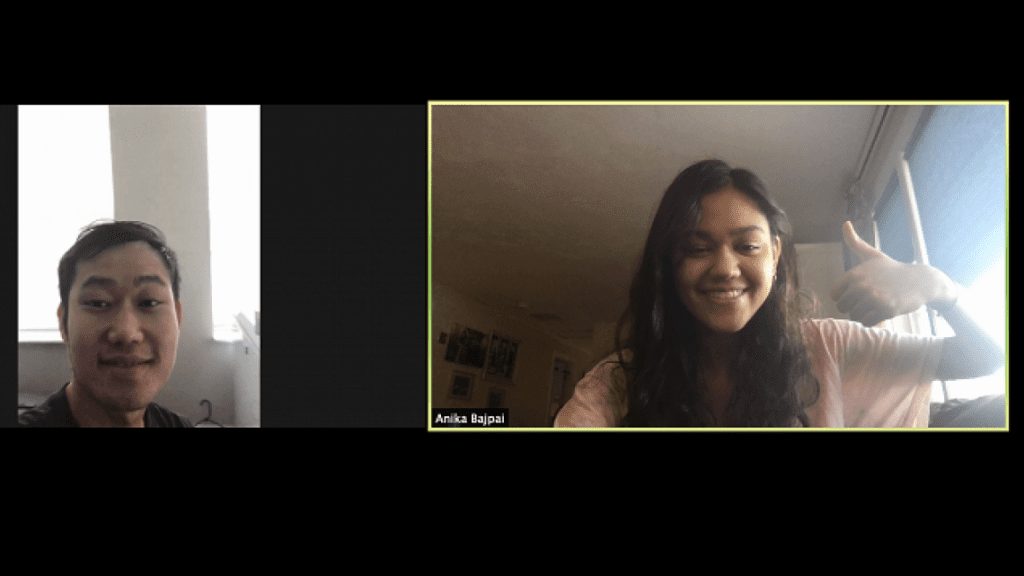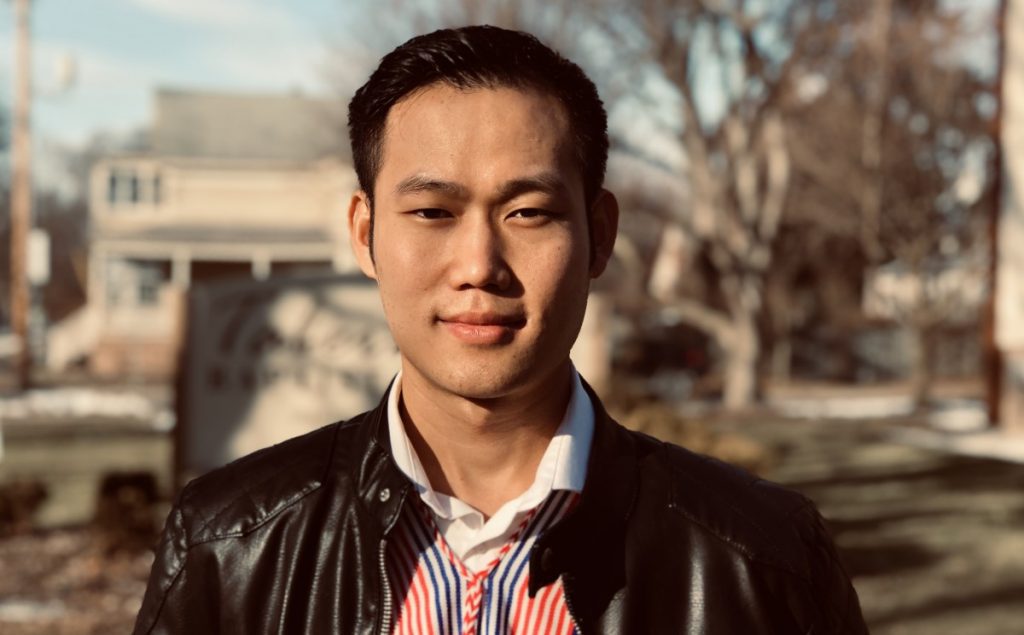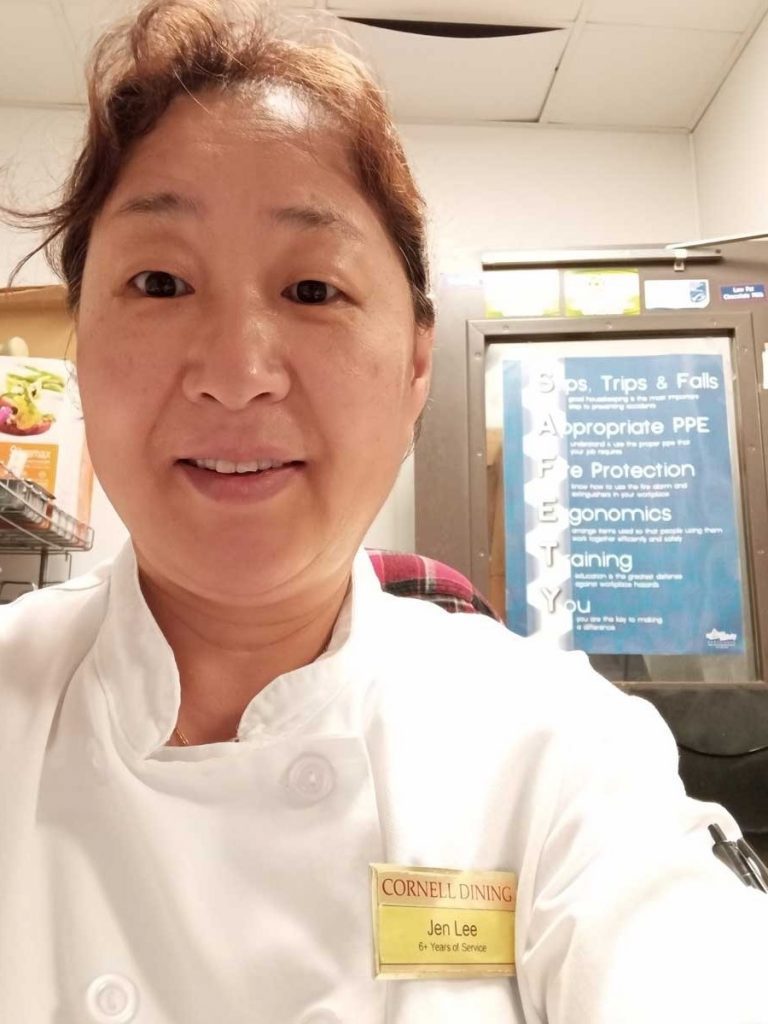As a student on any college campus, it is easy to become siloed in the academic university experience — class, library, dining hall, repeat. At Cornell University (a member of the Global MOOC Alliance), the Community Learning and Service Partnership (CLASP) program is breaking the mold by forming mutual learning opportunities between students and employees, providing an innovative approach to lifelong learning, mentoring and cross-cultural communication right on campus.
Every week, Cornell students enrolled in Education courses focusing on lifelong, adult, and professional learning meet with their Cornell employee learning partner to work on a self-selected goal, such as English as a second language, computer skills, career development, citizenship exam preparation, amongst others. The employee gains a supportive learning mentor while the student serves as an adult educator, applying in real life the principles and methods of adult learning studied in class.
“I realized that there is a whole community that I am part of here,” said Anika Bajpai ‘22. “I was able to break out of this student bubble and get to know employees, which made me think about Cornell as a community outside of my academic studies.”
Anika, an undergraduate student majoring in industrial and labor relations, participated in CLASP, housed in the College of Agriculture and Life Sciences’ Department of Global Development, for two consecutive semesters — first partnering with May Sha who works as a room attendant in housekeeping at the Statler Hotel, and then with Jungae “Jen” Lee who works in food service for Cornell Dining.

Communicating across cultures
Anika says her experience in CLASP opened her eyes to the relationship between labor and migration. Over half of the Cornell employees who participate in CLASP have migrated to the United States. “I was exposed to how difficult it is to move to a new country without knowing the language, and the barriers that exist in finding work and adjusting to a new work culture,” Anika says.
May Sha was born in a conflict zone in Myanmar and was forced to flee with his family from violence during the civil war. He grew up in a Thai refugee camp where he dreamed of receiving an education and becoming an engineer or architect.
In 2007, May Sha’s family applied for relocation to the United States. “It felt like a dream come true because there I could finally have freedom to be whatever I choose to be,” May Sha says. “My first day in the US, I felt like Mowgli in the jungle,” he says, referencing the character in the Jungle Book. “I had to relearn so much and adapt to my new surroundings.”

Through CLASP, May Sha and Anika worked together to practice English as a second language. Along the way, they got to know each other on a deeper level, embracing a cross-cultural exchange of communication styles, values and experiences.
“My favorite moments in CLASP were the small things — getting to know my learning partners and hearing about their days,” Anika says. “Discovering more about my partners’ lives and getting to know them on a personal level put everything about our learning journey into context. It was so cool to see their perspective on the world, which has brought so much value to my own education.”
CLASP provides a unique support system for all Cornell employees, particularly immigrants who are working in a new country and communicating in their second language. “It was a challenge, but I feel at home now,” May Sha says about relocating to the United States. “It is important to me that I can teach my children that they are not limited.”
Forging new learning paths
Inspired by how CLASP allowed Anika to learn from individuals outside of her academic bubble, she enrolled in another semester of the program. This time Anika partnered with Jungae “Jen” Lee, a Cornell Dining employee who was enrolled in a Cornell course called Organizational Behavior and Leadership Skills. Together, Anika and Jen worked on academic reading and writing skills.

“My learning partner shared how she liked working at Cornell because of its overall mission for everyone to have opportunities to learn,” Anika shares. “I’ve learned so much from my learning partners’ experiences and perspectives on life. They are great role models, hard-working people, and look out for their families and communities.”
By gaining skills through CLASP such as empathetic listening, working with English language learners and cross-cultural communication, Anika hopes to pursue a career in public interest and international law with a particular focus on supporting immigrants and language minorities.
When asked what advice she’d give to other Cornell students who want to participate in CLASP, Anika shares: “You’ll gain a greater appreciation of the Cornell and Ithaca community. Be patient and enjoy the process. Everyone has their own story and experiences. Be aware and mindful of that. For me this has been a rewarding experience to foster authentic connections, especially throughout the pandemic.”
Learn more about opportunities for Cornell employees and students in CLASP (Community Learning and Service Partnership).
This article, written by Kelly Merchan (communications specialist in the Department of Global Development), is also appeared on https://news.cornell.edu/stories/2021/08/students-employees-foster-mutual-learning-partnerships-during-pandemic and in the Cornell CALS (College of Agriculture and Life Science) Newsroom.
